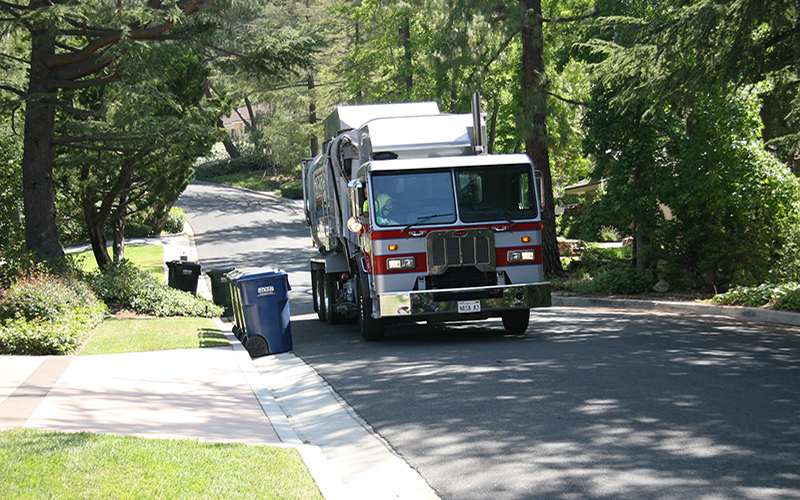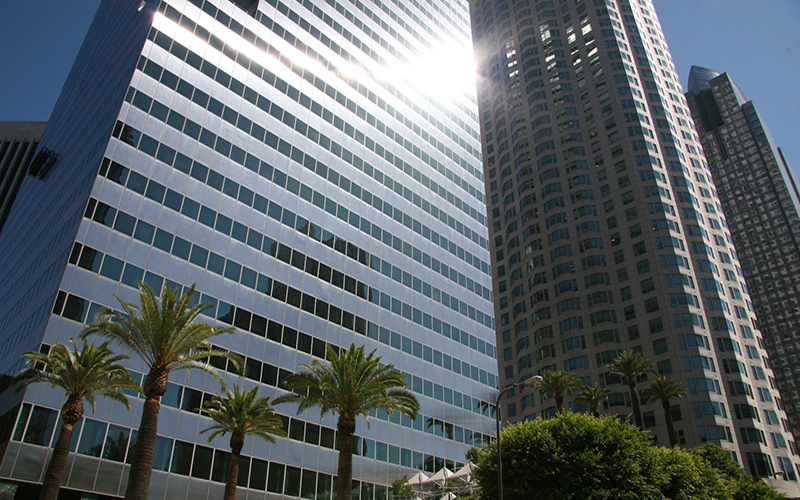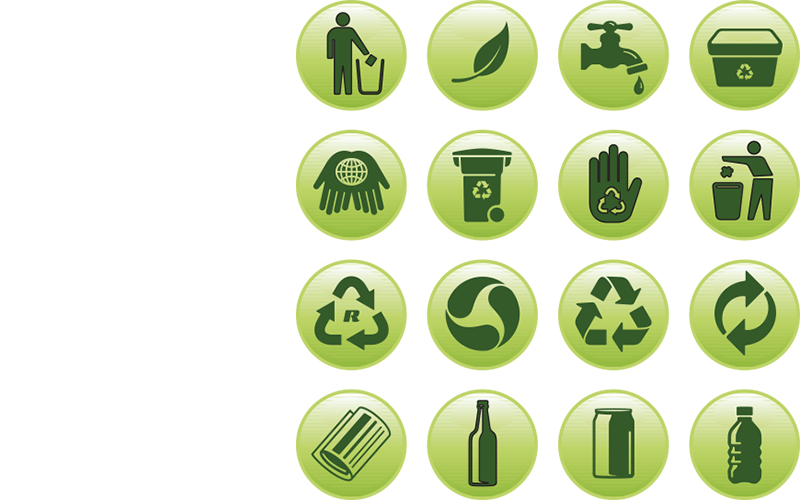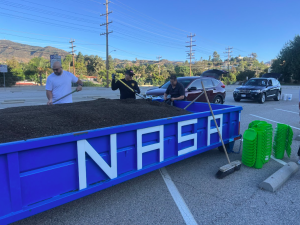In partnership with the City of Glendale, NASA Services provided compost to give away at a Free Compost Giveaway. Compost giveaways are an excellent way to promote sustainable waste management, soil health, and community engagement, making them a win-win for both individuals and the environment. Here are some key advantages of attending a compost giveaway event:
1. Soil Enrichment: Compost is a rich source of organic matter and nutrients. When added to soil, it enhances its fertility and structure, making it more suitable for plant growth. Compost improves water retention and drainage, reduces erosion, and promotes healthier root systems.
2. Reduced Landfill Waste: Composting diverts organic waste from landfills, reducing the amount of waste that needs to be disposed of in environmentally harmful ways. Organic matter in landfills can generate methane, a potent greenhouse gas, while composting helps mitigate this issue.
3. Cost Savings: By giving away compost, municipalities and organizations can save on disposal and landfill costs. It’s often cheaper to manage organic waste through composting than to transport and dispose of it in landfills or incinerators.
4. Community Engagement: Compost giveaways provide an opportunity for communities to come together. They can be educational events where residents learn about the benefits of composting and sustainable waste management practices.
5. Improved Plant Growth: Compost enriches soil with nutrients, beneficial microorganisms, and organic matter. This leads to healthier and more productive gardens, lawns, and agricultural crops. It can also reduce the need for synthetic fertilizers, which can have environmental drawbacks.
6. Erosion Control: The use of compost on slopes and areas prone to erosion helps stabilize the soil. It prevents soil from washing away during heavy rains and aids in establishing vegetation that further reduces erosion.
7. Water Conservation: Compost improves soil’s water-holding capacity, reducing the need for frequent irrigation. This is especially beneficial in regions with water shortages or drought-prone conditions.
8. Reduced Chemical Dependency: Healthier, well-nourished plants are less susceptible to pests and diseases, reducing the need for chemical pesticides and herbicides.
9. Carbon Sequestration: Composting helps sequester carbon in the soil, reducing greenhouse gas emissions. It contributes to mitigating climate change by promoting carbon storage in the ground.
10. Community Building: Compost giveaways can foster a sense of community and cooperation. People come together to collect compost, exchange gardening tips, and share their experiences, strengthening social bonds.
11. Educational Opportunities: These programs often provide educational resources on composting, recycling, and sustainable living practices, helping residents become more environmentally conscious.
12. Local Food Production: Access to free compost can encourage local food production, such as community gardens and urban farming. This can increase food security and reduce the carbon footprint associated with transporting food long distances.
13.Beautification: Improved soil quality and healthier plants enhance the aesthetics of neighborhoods and public spaces, contributing to overall community well-being.








